| Clutching My Pearls is my ongoing blog series about Jane Austen’s beliefs and ideas, as based on her novels. Some of Jane Austen's admirers are eager to find ways to acquit her of being a woman of the long 18th century. Further, for some people, reinventing Jane Austen appears to be part of a larger effort to jettison and disavow the past. Click here for the first in the series. |
| "[Austen's] novels dramatize not social ills, but individual failings: vanity, greed, pride, selfishness, arrogance, folly. For all her humor and wit, she was a rigorous moralist. Adult life demanded adult behavior: self-awareness, propriety, kindness, good sense." --Robert Garnett |
| "Pictures of perfection, as you know, make me sick and wicked" 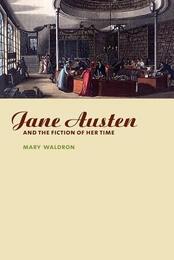 In previous posts, I've discussed why I disagree with the notion that Austen promoted politically radical ideas. I’ve quoted and re-quoted that wisdom from Professor Garnett, above, because I think he gets at the heart of Jane Austen. Of course Austen’s novels featured love stories -- they were novels, after all, not collections of sermons or texts on seafaring. However, she wasn't all about romance, nor was she trying to upend the social order. She believed in virtue, self-knowledge and self-control -- in other words, morality. However, after reading Mary Waldron’s Jane Austen and the Fiction of Her Time, I am compelled to add a big “BUT." I think Waldron is correct that Austen did not care for authors who bashed their readers over the head with their morality and their beliefs. Her aversion to this writing style wasn't because she thought preachiness was bad for book sales. For example, she was critical of Hannah More and Mary Brunton, who easily outsold her (in her lifetime.) (However popular in their day, Hannah More's Coelebs in Search of a Wife and Mary Brunton’s Self-Control are best known today for what Austen said about them in her private letters, a pretty amazing reversal of fame.) |
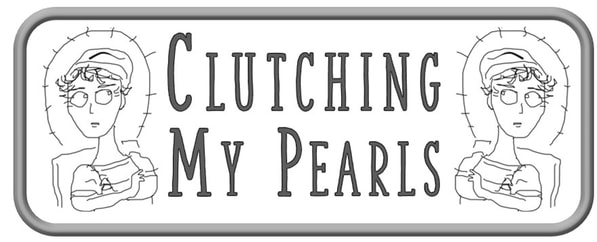
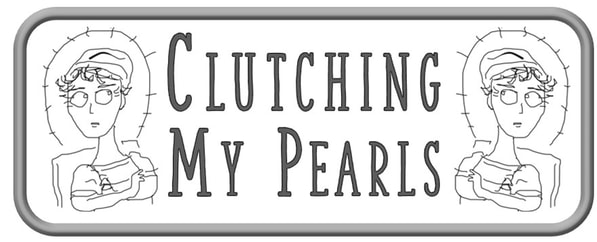
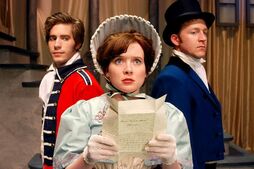
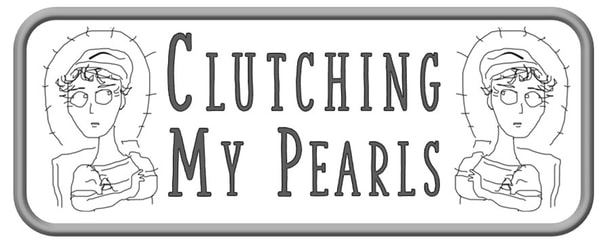
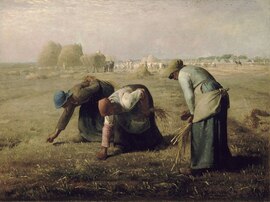
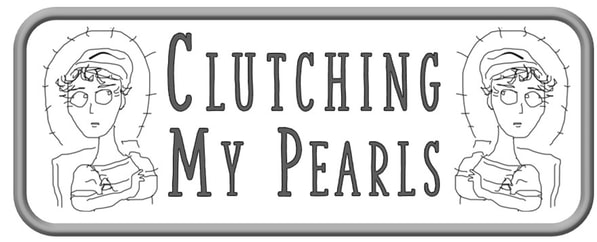
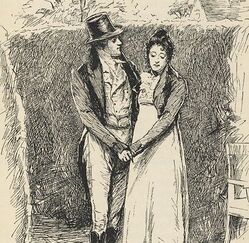
 RSS Feed
RSS Feed